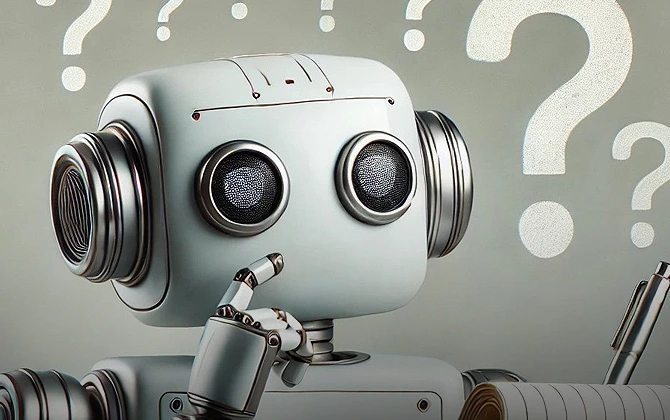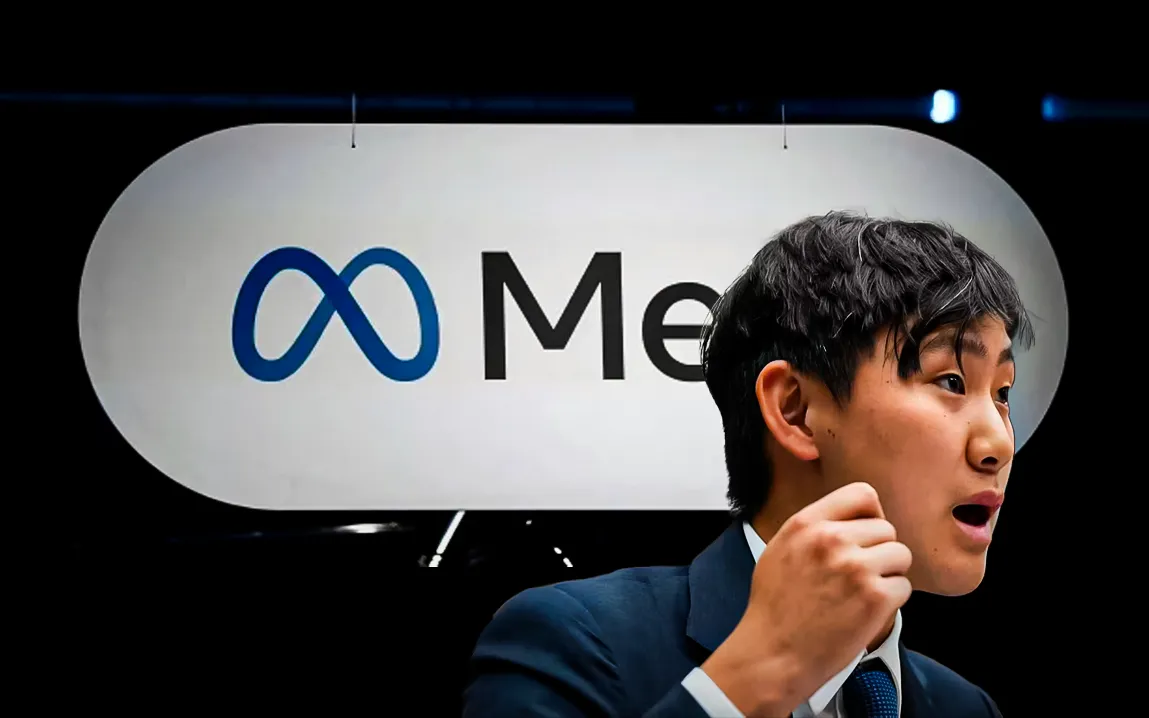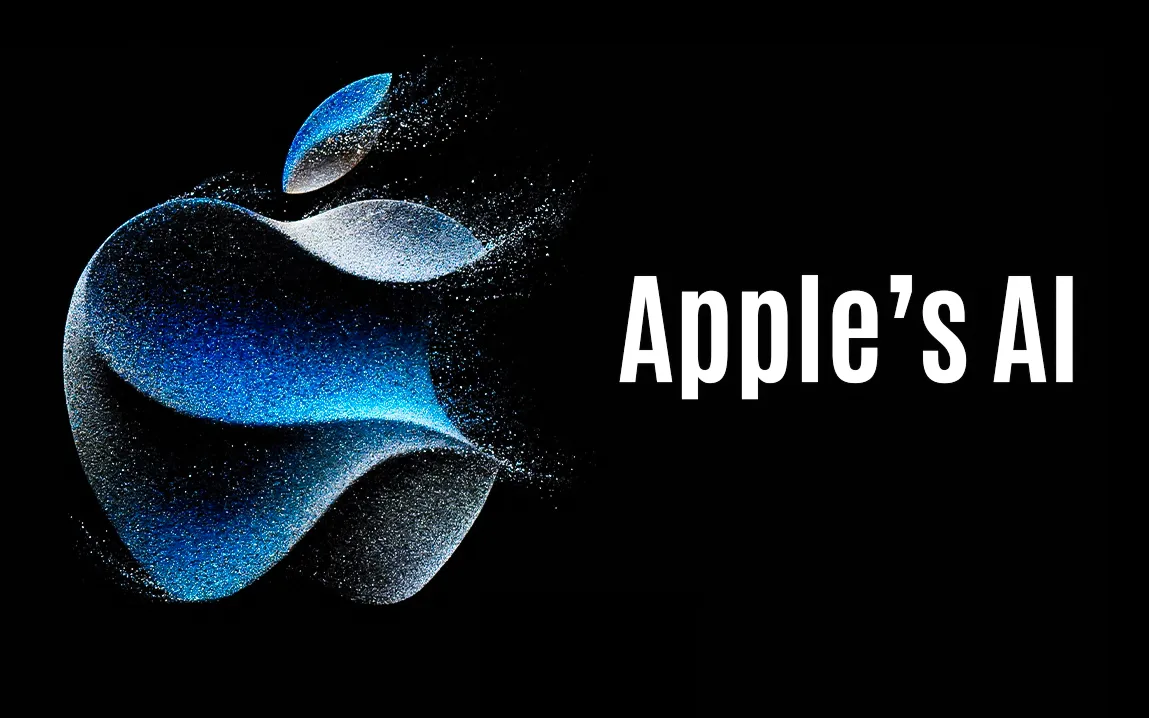Describe how the arrival of Generative AI influences human critical thinking and intellectual development, and learn to maintain intellectual sovereignty.
At an era when artificial intelligence (AI) becomes increasingly integrated into daily living, concerns are being raised about its potential impact on human mental development, particularly on critical thinking. Generative AI (GenAI), with the capacity to create human-like content and text, offers unprecedented ease but may inadvertently undermine our independent thinking capacity.
The Convenience Trap
GenAI programs like ChatGPT and others are ubiquitous, assisting with everything from drafting emails to drafting essays. While such programs increase productivity, there is increasingly a concern that too much reliance on AI-created content can make one lazy in one’s mind. As more and more work is done by AI, people might employ their brains less for analysis and problem-solving, essential components of critical thinking.
Educational Implications
The application of AI within the learning ecosystem is a two-edged sword. On the one hand, AI has the capability to customize learning experiences and provide real-time feedback. On the other hand, AI challenges traditional pedagogical practices. Educators have expressed concerns that students may avoid the time-consuming process of research and writing using AI tools, thereby undermining the development of critical thinking abilities. A college composition teacher, after almost two decades in college, quit, saying that students’ reliance on AI software such as ChatGPT undermined their participation in the writing process and, in turn, their intellectual development.
The ‘Brain Capital’ Problem
The concept of “brain capital,” encompassing brain health, capacity, and talent, is gaining attention. Technological advancements and the level of screen time lead to mental fatigue and stress, which can worsen cognitive abilities. Technology offers numerous benefits, but overuse can erode critical thinking and amplify cognitive bias. Brain capital needs to be preserved for long-term health and innovation, which demands balance between technological reliance and cultivating human intelligence.
Striking a Balance
In order to prevent the potential erosion of critical thinking, a balanced incorporation of AI is required. Schools and businesses need to encourage the use of AI as an extra tool and not as a replacement for human labor. Promoting activities that involve intensive thinking, problem-solving, and creativity can help ensure the preservation and enhancement of critical cognitive abilities.
In conclusion, while GenAI has never before seen benefits, judicious application is crucial to ensure that it is an accompaniment to human intellect and not a substitute. Through creating conditions that encourage individuals to question their own minds so that they can think independently and critically, mankind can reap the rewards of AI without losing essential cognitive processes.



